Sustainability
At the University of Westminster, we encourage individuality and creativity in our response to the climate crisis and are proud to produce the future leaders in sustainability and the arts from a diverse and positive belief that change is possible.
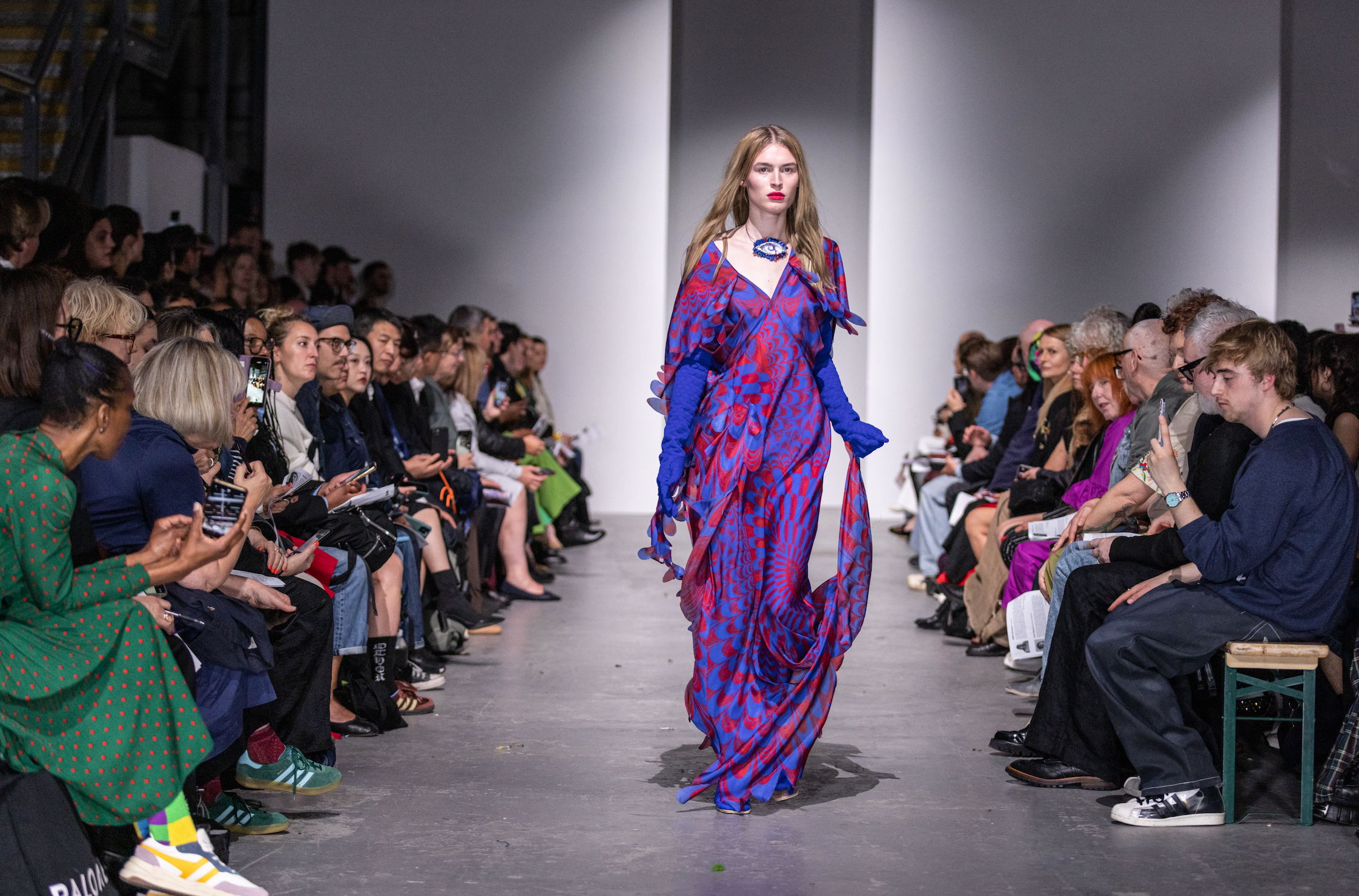
Image Credit: Imageplotter
Our Commitment to Sustainability
At the University of Westminster, we encourage individuality and creativity in our response to the climate crisis and are proud to produce the future leaders in sustainability and the arts from a diverse and positive belief that change is possible.
Westminster School of Arts is actively engaged in the fight against climate change and sees creativity and innovation as playing a vital role in the quest to becoming more sustainable.
We aim to achieve this in lots of exciting and innovative ways. Firstly, we are embedding the United Nations Sustainable Development Goals (SDGs) into our teaching through our Education for Sustainable development programme. The SDGs are the 17 goals that the 193 members of the United Nation member states agreed in order to articulate sustainability, with headings such as ‘no poverty’, ‘reduced inequalities’ and ‘responsible consumption and production’.
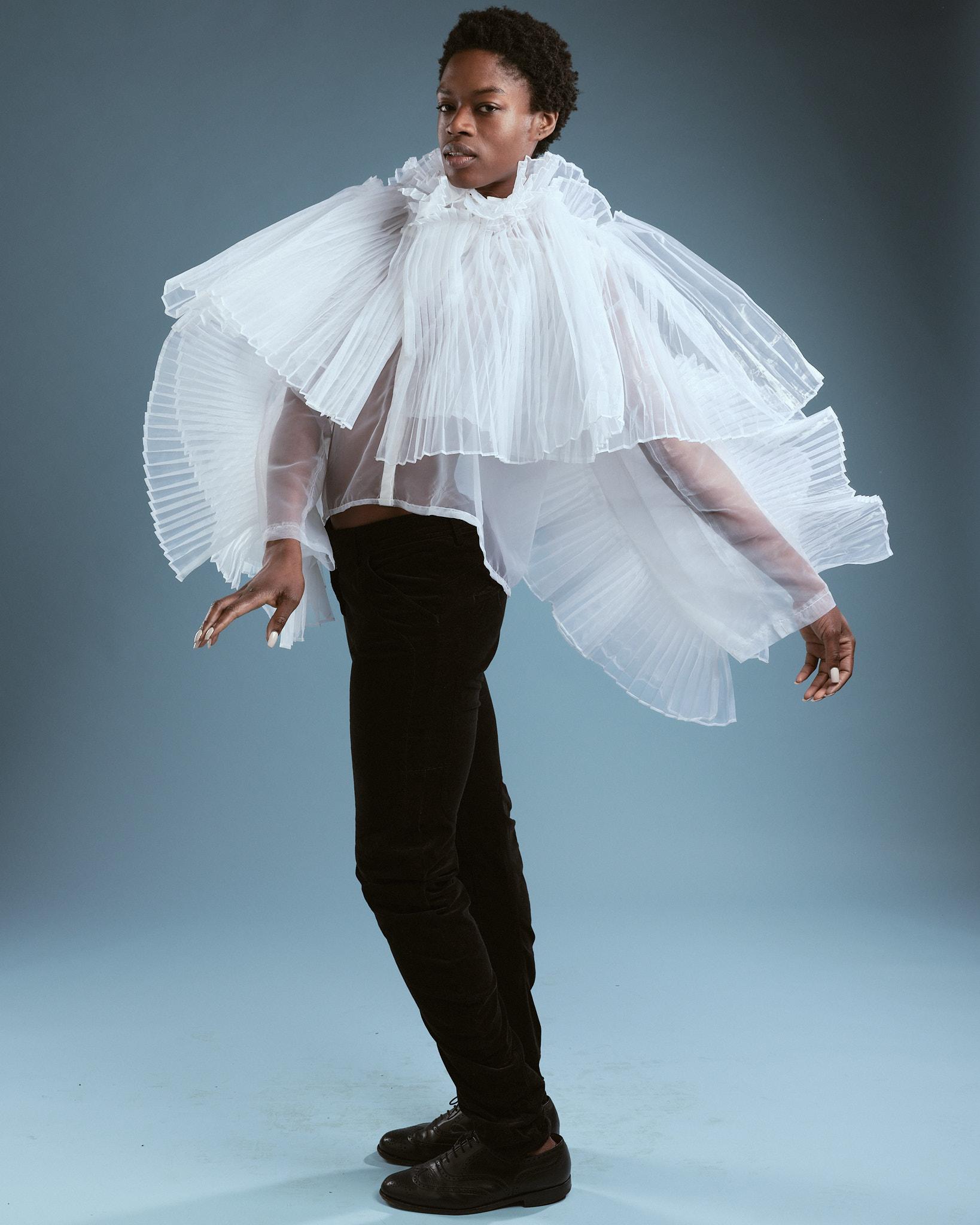
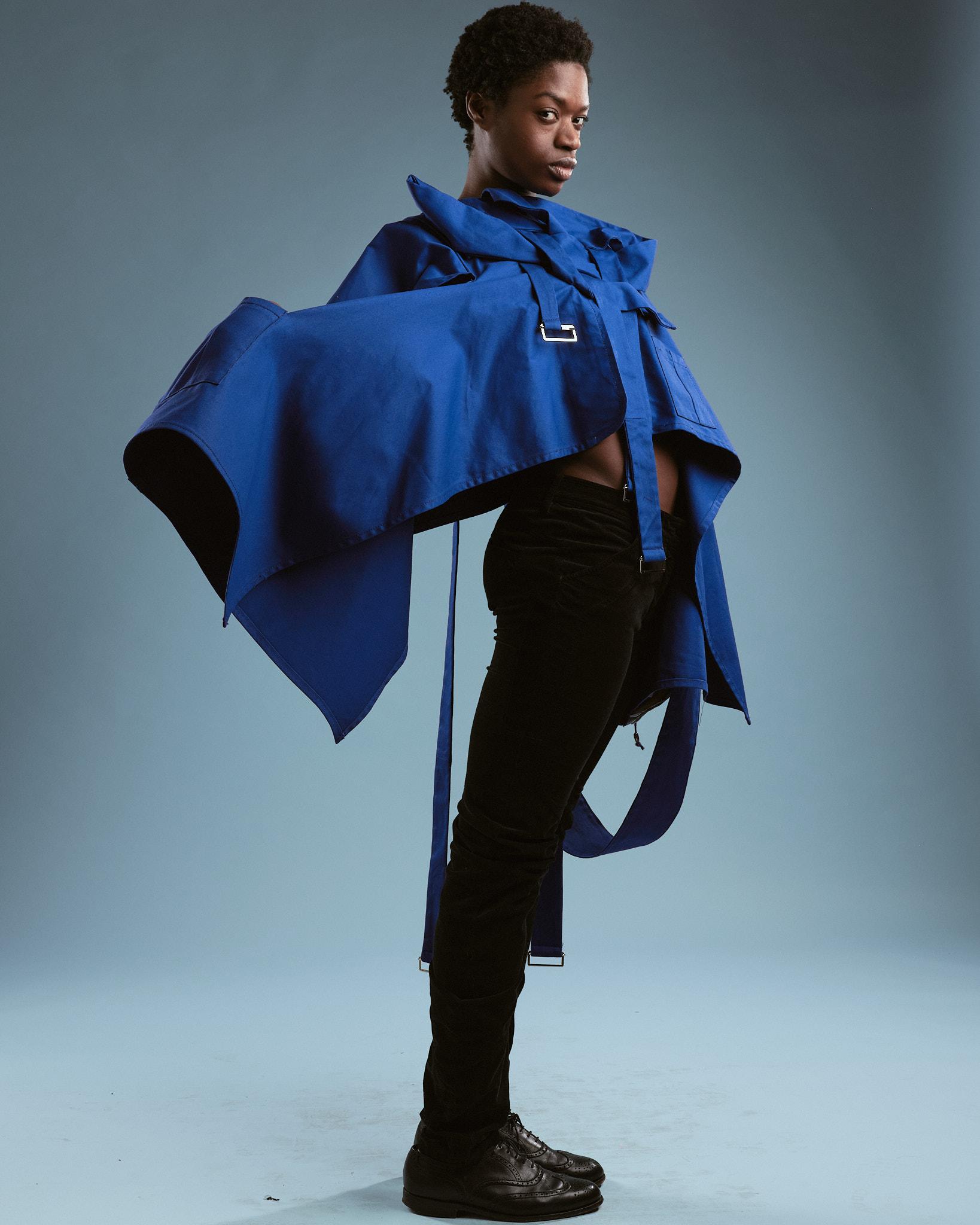
By embedding the SDGs into the curriculum, students are not only able to make informed decisions but are also empowered to make responsible choices by actively engaging with real world issues during their time as students with us. We aim to students to gain subject specific knowledge and skills, as well as sustainability competencies that enable them to enact sustainable development by understanding the connections between economic, social and environmental factors.
Two great examples of recent graduates are Molly Sellars and Beth Theobald.
Case study 1: Molly Sellars
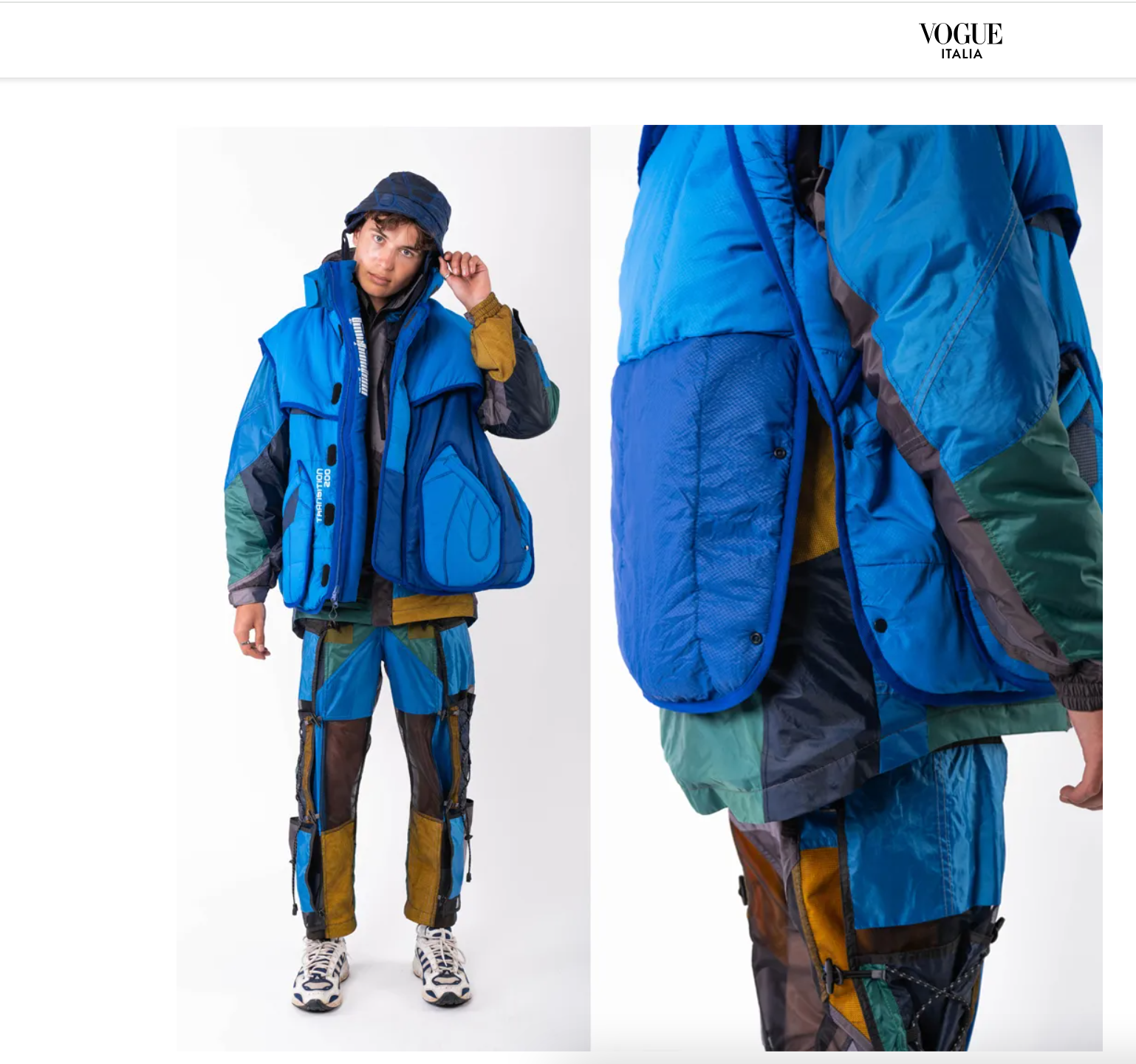
Image Credit: Molly Sellars
Molly is a recent graduate of the BA Fashion design course. She noticed the huge amount of waste created at music festivals. As each year thousands of tents are discarded, she decided to use her final degree collection to create a sustainable fashion brand that uses discarded tents as its raw material. The resulting menswear collection was both sophisticated and environmentally responsible; demonstrating that as a student you can totally change the supply chain and create a new system for fashion manufacturing which helps to tackle rather than create waste.
Case study 2: Beth Theobald
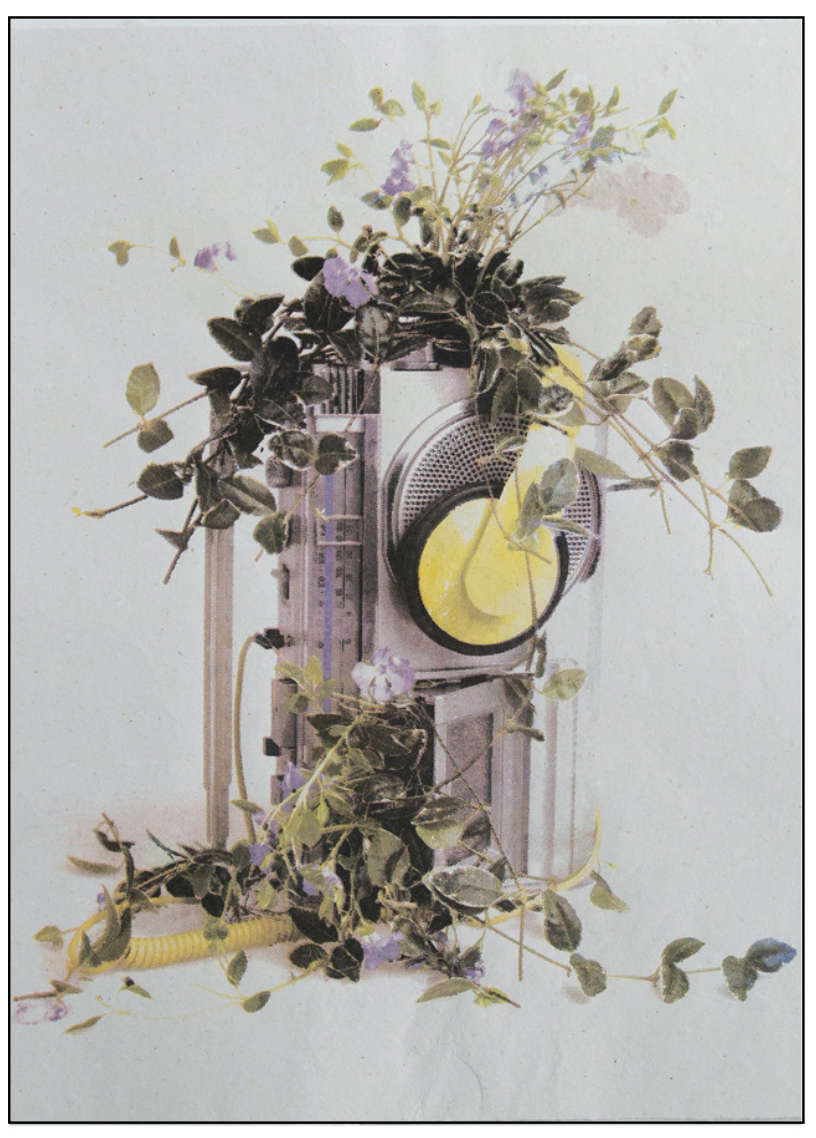
Image Credit: Beth Theobold
Beth is a recent graduate of the BA Photography course. She was motivated to challenge the over-exploitation of planetary resources in our consumerist society. Her project began by growing plants in discarded, damaged and salvaged post-consumer products. She then photographed these repurposed objects and printed them using organic pigments and ecologically sustainable printing methods onto hand-made recycled paper. Her project, titled ‘A Viable Loop’, highlighted how photographic art can engage with the issue of sustainability through both its subject-matter and as part of the production process.
Find out more
Our History
Building on the legacy of The Harrow School of Art, a powerhouse of creative talent and precursor to today’s University of Westminster

Resources and Facilities
Discover our Harrow campus

Research
Westminster School of Arts is home to the Centre for Research and Education in Art and Media (CREAM)
